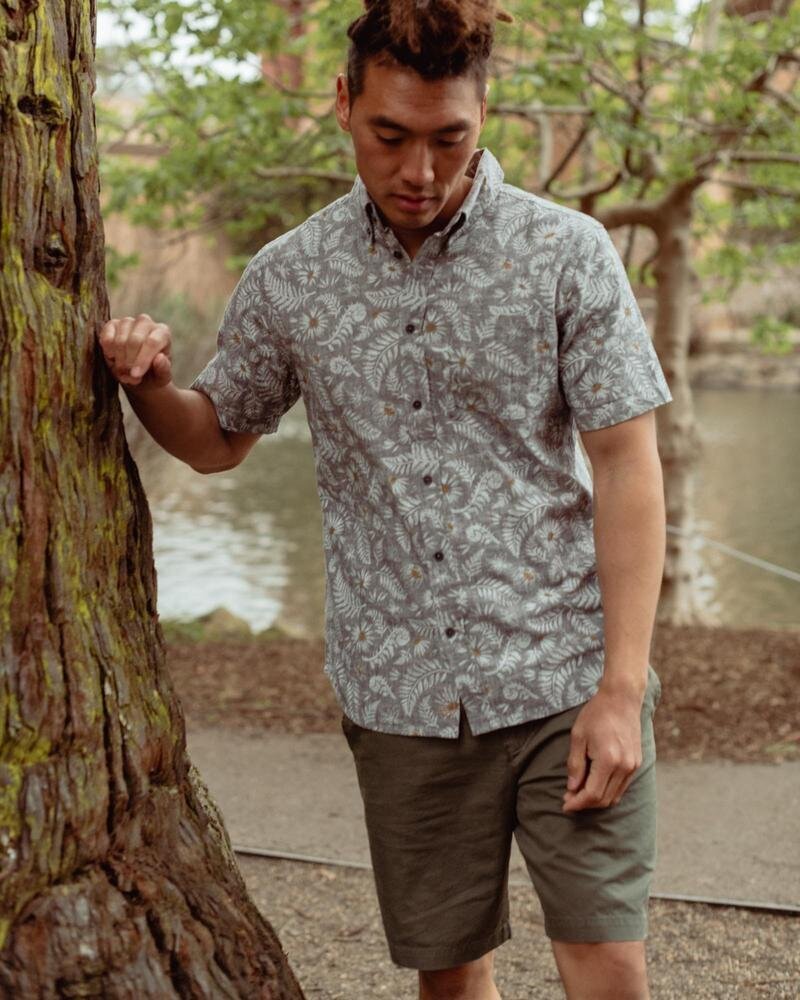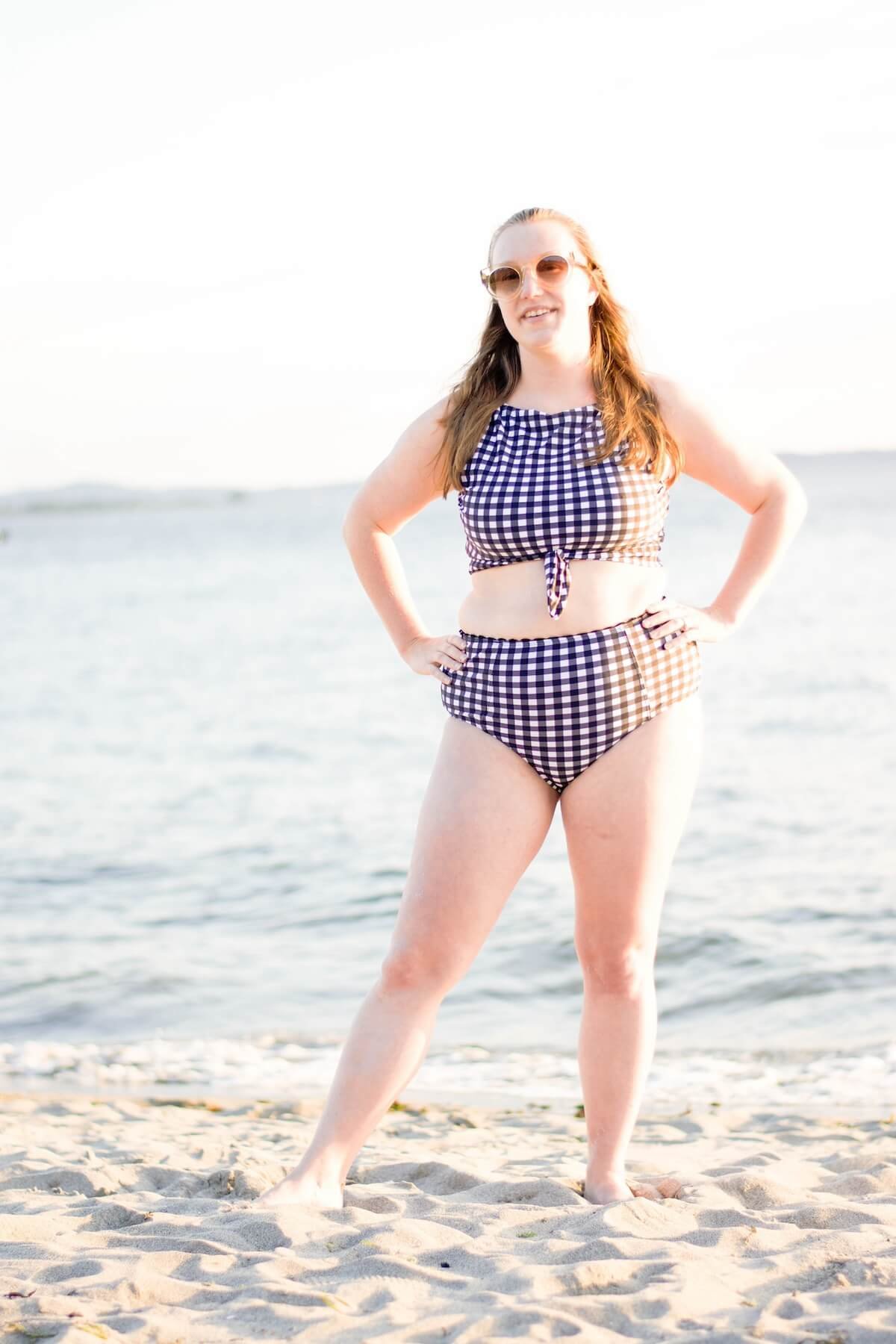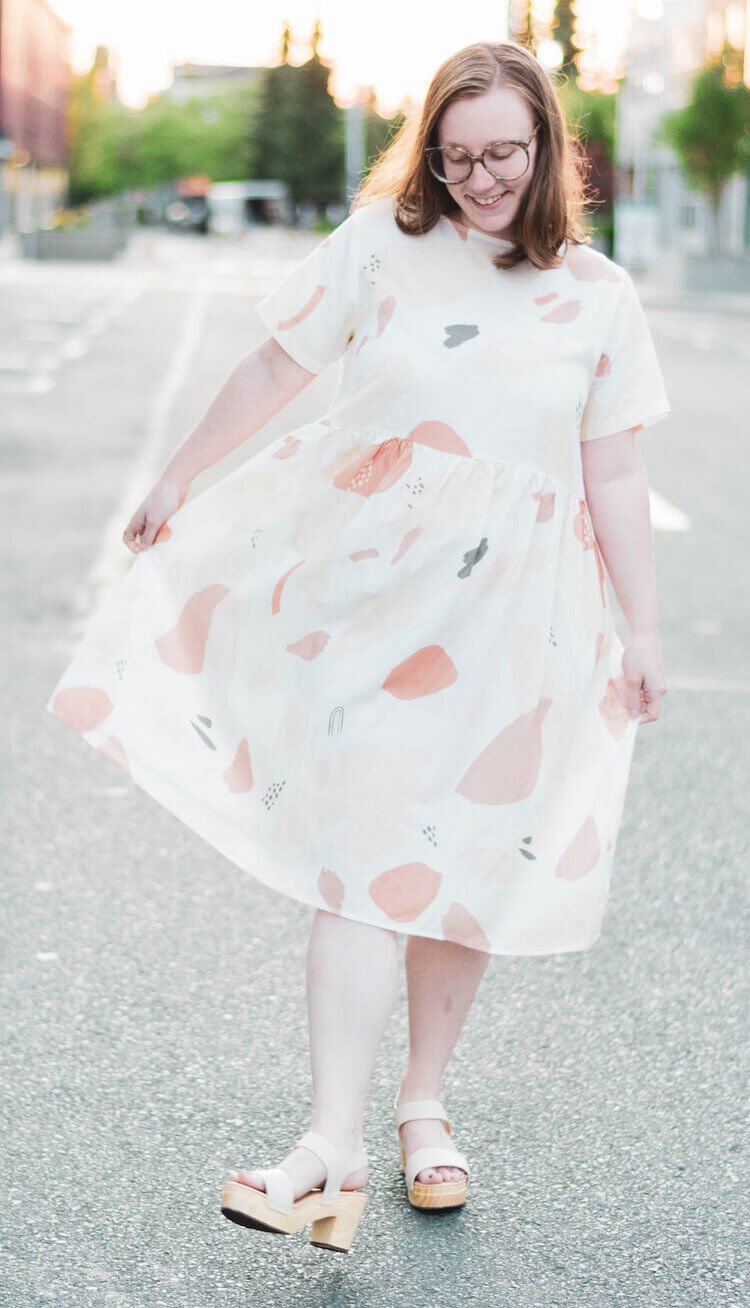Hemp Vs. Cotton Clothing: Which Fabric Is Better for the Environment?
Trying to have a fashionable, comfortable wardrobe while being eco-conscious has long been a challenge for those of us that care about the impact the products we buy have on the earth.
What fabrics are good, what are bad? And how do we compare them?
Both hemp and cotton are now seen as staples of the eco-fashion industry, which is why I’ve created this guide to help compare the pros and cons of both!
This post does contain some affiliate links. If you decide to make a purchase The Honest Consumer will receive a commission. Our commission is at no additional cost to you.
The Environmental Sustainability of Hemp vs. Cotton
Hemp or cotton, which is really better for the environment?
Previously, cotton has always been seen as a intensive fabric to cultivate, but with the rise in organic cotton, the environmental impact has been drastically reduced.
Conventional Cotton vs. Organic Cotton
Conventional cotton is one of the most chemically intensive crops, as there has always been a huge demand for it, but is often treated with harsh chemical fertilizers.
With organic cotton, no pesticides or fertilizers are used, and the amount of water required to grow it has been reduced by 85% partly by rotating where the crop is grown each year to allow the soil to recover and increasing soil fertility.
Organic cotton is a much more sustainable alternative to conventional cotton and a good alternative in reducing toxic chemicals causing environmental problems in farming communities.
The History of Hemp
The hemp plant has been used for years even by ancient civilizations, but as a fashion staple, it’s just now making a come back.
Hemps history goes back dating as far as 8 000 BC. China has the longest history of the cultivation of hemp, weaving it into clothing and even using it to print paper.
From China, hemp spread across the world and was used not only for clothing but also for ships’ sails and ropes.
It’s reported by 1915, 8,400 acreages of hemp grew in the U.S.: 6,500 acres in Kentucky, 2,000 acres cumulatively in Ohio, Indiana, Wisconsin and California.
Because of the fiber shortage of WWI, Minnesota, South Dakota, Michigan, Kansas, Iowa and Illinois, increased domestic production of hemp to 41,200 acres in 1917.
However, with the rise of cotton, and oil and steel tycoons nudging out hemp as a competing resource, its use started to wane.
By the following century, hemp’s reputation started to waver as it became associated with marijuana. In 1937 the Marijuana Tax Act was passed, placing a tax on all cannabis sales (including hemp), thus discouraging its production.
Today, with the passing of the 2018 Farm Bill, hemp may be legally produced as an agricultural commodity in 46 states as long as its THC content remains below 0.3%. Due to the wide range of uses of hemp, this is great news for eco-friendly fashion.
Hemp is very sustainable. It can grow to maturity in only three months and uses less water.
What’s more, it’s naturally resistant to pests, so doesn’t need chemical pesticides to grow.
It’s fast to cultivate and all round one of the most sustainable crops out there! Let's compare these fabrics in the apparel industry.
Durability of Hemp vs. Cotton Natural Fiber
Cotton is known to be one of the most durable clothing materials available.
The more it’s washed, the softer it becomes, meaning that you can enjoy your favorite t-shirt or cotton dress for years.
It is prone to some wear and tear, however. Cotton becomes thinner over time, and more prone to ripping.
The durability of hemp has long been known – it’s used to create strong ropes and in the construction industry after all!
While this means that initially, hemp fabric is not always as soft as cotton, it also grows softer over time.
Hemp fibers do have a high tensile strength, and so clothes that are made with hemp tend to be long-lasting and tear resistant.
Breathability of Hemp vs Cotton
Both hemp and organic cotton are breathable fabrics and there has been a lot of debate over which is better!
For a summer’s day, a thin cotton tee will generally be more breathable. Yet hemp has some amazing properties as well. It naturally wicks away moisture and is antibacterial!
When it comes to a thicker weave of cotton, it’s hard to say which is more breathable, and as hemp is regularly blended with other fabrics, this will really make all the difference.
Pros and Cons of Hemp vs. Cotton
Now we’ve seen some information about both hemp and cotton, let’s summarize the pros and cons of each fabric – so you can choose which is right for your sustainable wardrobe.
Let's explore the benefits of hemp vs. cotton fabric and a few cons too!
Is Hemp a Better Choice?
When exploring hemp fabric there is a lot to consider! It’s also important to think about where the fabric is sourced from and if the hemp farmers were treated fairly.
Hemp Pros
Uses little water
Naturally pest resistant, so no use of pesticides
Wicks moisture
High tensile strength for strong fiber
Blends well with other fabrics
Easy to grow and sustainable
Hemp Cons
More expensive than cotton
Prone to creasing
Takes specialized machinery to harvest
Often confused with Marijuana due to a lack of education on the hemp plant
5 Eco-friendly Hemp Clothing Brands
It’s not always easy to know where to start with hemp clothing, particularly if it’s not a material that you’re familiar with. Here are three clothing brands that I love and use hemp in their products.
Patagonia’s Sustainable Outdoor Clothing
Patagonia is all about the great outdoors; and it’s not just about outfitting you for the great outdoors, but protecting it as well. Patagonia is constantly gearing towards zero waste, reduced emissions, and sustainable products; that includes hemp clothing.
Patagonia has a hemp collection offering a large variety of apparel from shirts and shorts to hats and overalls for men and women.
Toad & Co's Organic Cotton Hemp Blend
Toad & Co is another company that really cares about our planet and show this through the clothing they offer.
They incorporate hemp into many of their items, blending it with organic cotton, recycled polyester and more to create long-lasting, good looking clothes that naturally wick moisture and are kind to the planet.
Their hemp clothing line features options for both men and women including overalls, pants, dresses, t-shirts, and more. Their hemp blend clothing ranges from $40-$120.
United by Blue's Hemp Clothes
United by Blue has really done their research when it comes to hemp. They blend their hemp with a number of different fabrics in order to achieve a different look – all while being as sustainable as possible.
They understand that hemp is a product that is easy to grow and there’s little waste with it, which is why they’ve made it a cornerstone of their collections. Discover button downs, shorts, t-shirts, and socks made with hemp.
ALIYA WANEK: BLACK OWNED SUSTAINABLE FASHION
Aliya Wanek is a Black woman owned sustainable fashion brand with a mission to create comfortable, stylish clothing ethically and sustainably as an extension of the wearer’s individuality.
If not sewing the garments herself, Aliya works with two small factories and local contractors in the Bay Area to produce and dye her garments, always taking into consideration ways to reduce the brand’s environmental impact.
Shop hemp & organic cotton tops and sweatshirts with Aliya Wanek ranging from $90-$240.
Is Cotton A Better Alternative Than Hemp?
When exploring cotton there is a lot to consider especially between conventional and organic.
Organic is always going to be a more sustainable choice due to the lack of toxic chemicals.
Let’s explore some of the pros and cons of cotton and explore some organic cotton clothing brands with sustainable practices through out their business model.
Cotton Pros
Conventional cotton is very affordable
Breathable
Organic cotton is sustainable
Soft and strong
Easily cleaned
Cotton Cons
Less durable than hemp
Uses more water – especially if non-organic
Doesn’t stretch well
Takes a long time to grow
Crop must rotate soil each year
4 Eco-friendly Organic Cotton Clothing Brands
Just like with hemp clothing, finding that perfect eco-friendly cotton wear isn’t always easy, which is why I’ve picked out three of my favorite organic cotton brands.
PACT's Organic Cotton Basics
PACT has a great range of organic cotton clothing, from super comfortable underwear, to athleisure, to dresses.
They’ve really shown just how versatile cotton can be – all while being kind to the earth.
With thoughtful packaging, carbon offset shipping, and a give back initiative where you can donate your old clothes, they’re determined to help create a circular clothing economy.
PACT’s affordable organic cotton ranges from $40-$90.
The Good Tee’s Fair Trade Organic Cotton Clothing
The Good Tee has embraced ethical working, from the farmers who supply their organic cotton, to the workers who make their soft and comfortable tees. Certified Fair Trade, they are fully transparent about all parts of their supply chain, and make clothes that are both well made, and long-lasting.
The Good Tee carries organic cotton clothing for the entire family including men, women, babies, and kids! Their clothes range from $17-$60.
KNOWN Supply's Organic Cotton Clothing Ethically Made
With KNOWN Supply, you really do know who made your garment – it says so right on the label!
This company wants to break down the barriers between makers and customers, and they do it by using eco-friendly organic cotton.
Made ethically, by workers who are paid a living wage, they not only look great but will also last for years to come.
Their organic cotton clothing for men and women ranges from $30-$60 featuring an affordable price point for organic materials.
A Few Other Things to Consider With the Hemp vs. Cotton Debate
Consider the carbon footprint of where the materials come from and the environmental impact of shipping these materials to create the garments? Most hemp is grown in China. USA grown cotton is pretty accessible, but organic cotton is typically grown in India.
Along with this consider the sourcing….were the hemp or organic cotton farmers treated and paid fairly?
A key factor is what is the fabric of choice for YOU? What is more comfortable on your skin?
Both of these natural materials are eco-friendly alternatives to synthetic fibers.
I personally don't think there is a clear winner. I think both fabrics hemp and organic cotton are great sustainable fabrics to wear.
Living an eco-friendly lifestyle can be difficult, but brands like these make clothes shopping simple.
For more ethical & sustainable fashion tips be sure to follow The Honest Consumer on social media, subscribe to our newsletter, & check out the Ethical & Sustainable Brand Directory.




















